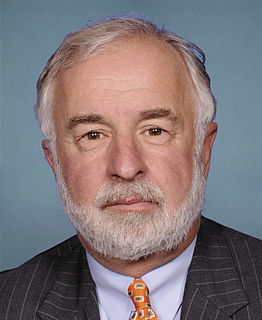A Quote by Lori Lightfoot
Taxes and fees in Chicago and Cook County are forcing low-income families like the one I grew up in out of this city. It's clear we can't keep treating low-income and middle-class families like an ATM machine with no limit.
Related Quotes
Why do we need to support the food stamp program? Because low-income families experience unemployment at a far higher rate than other income groups. Because cutting nutritional assistance programs is immoral and shortsighted, and protecting families from hunger improves their health and educational outcomes.
The solution for rising up kids in the income distributionlies is in creating better childhood environments for kids growing up, especially in low income families. And so what means such things like schools, the quality of neighborhoods. If you think about what's gone on in Baltimore, it's a place of tremendous concentrated poverty. People aren't really seeing a path forward and I think revitalizing places like that can have a huge impact, even in the face of globalization and changes in technology.
Especially for the young and the lowest-skilled, minimum wage becomes a toll that prevents many from entering the work force and gaining the skills that can make a low income or middle class worker a high income worker. This is so obvious that one wonders why liberals keep championing the minimum wage cause.






























